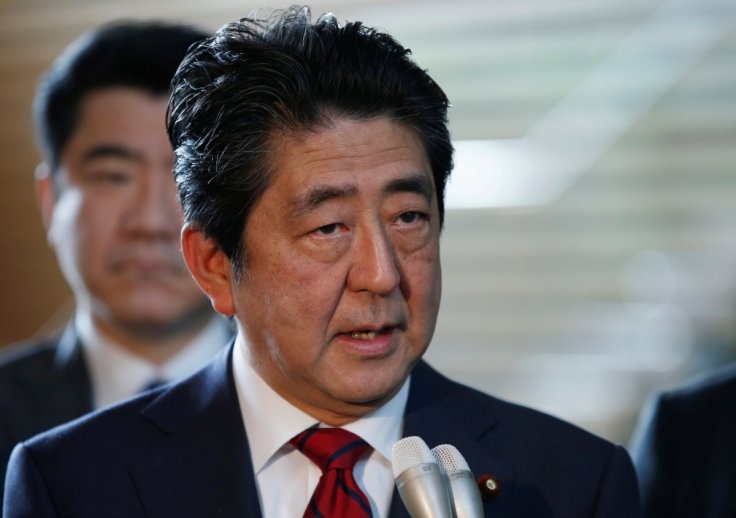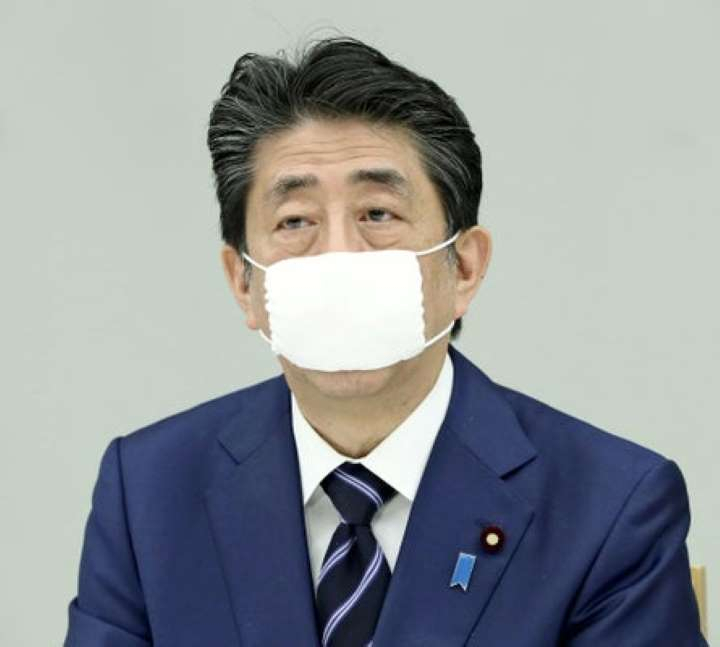UPDATE - Japan's long-serving Prime Minister Shinzo Abe said on Friday he is resigning, citing a worsening health problem.
ORIGINAL STORY:
Amid concerns over his deteriorating health, Japanese Prime Minister Shinzo Abe is reportedly planning to announce his resignation in a news conference on Friday, according to sources who are familiar with the situation.
Abe plans to step down to deal with health-related problems, national broadcaster NHK reported citing sources close to the prime minister. Abe had scheduled a press conference at 5 p.m. local time on Friday.
Abe's Condition Worsening?

For several years, Abe has been suffering from ulcerative colitis, a chronic, inflammatory bowel disease that causes inflammation in the digestive tract and puts the patient at at increased risk of developing colon cancer, and his condition is believed to have worsened recently.
In 2007 he resigned abruptly from an earlier term as prime minister because of his struggle with the disease, which he has been suffering from ever since he was a teenager.
Abe's two hospital visits within a week, including one that lasted nearly eight hours, sparked widespread speculation over his ill health. Although there was no official statement from Abe regarding the visits but officials from his governing Liberal Democratic Party (LDP) dismissed speculation that he would step down, saying the prime minister's health is fine.
What Happens if Abe Resigns?

According to NHK, Abe, 65, wanted to resign from his position to avoid causing problems for his government. Earlier this week, he became Japan's longest continuously serving prime minister, after assuming office in 2012. He was due to serve until September 2021.
Under Japanese law, if Abe announces his resignation, the LDP will have to elect a new leader to replace him through an election. This election would be followed by a parliamentary vote to elect a new prime minister, who would hold Abe's position until the end of his term.
However, if he continues on as the prime minister and is unable to perform his role in the future due to health reasons, Deputy Prime Minister Taro Aso, who doubles as the finance minister, would take over temporarily as the country's leader, followed by Chief Cabinet Secretary Yoshihide Suga.









